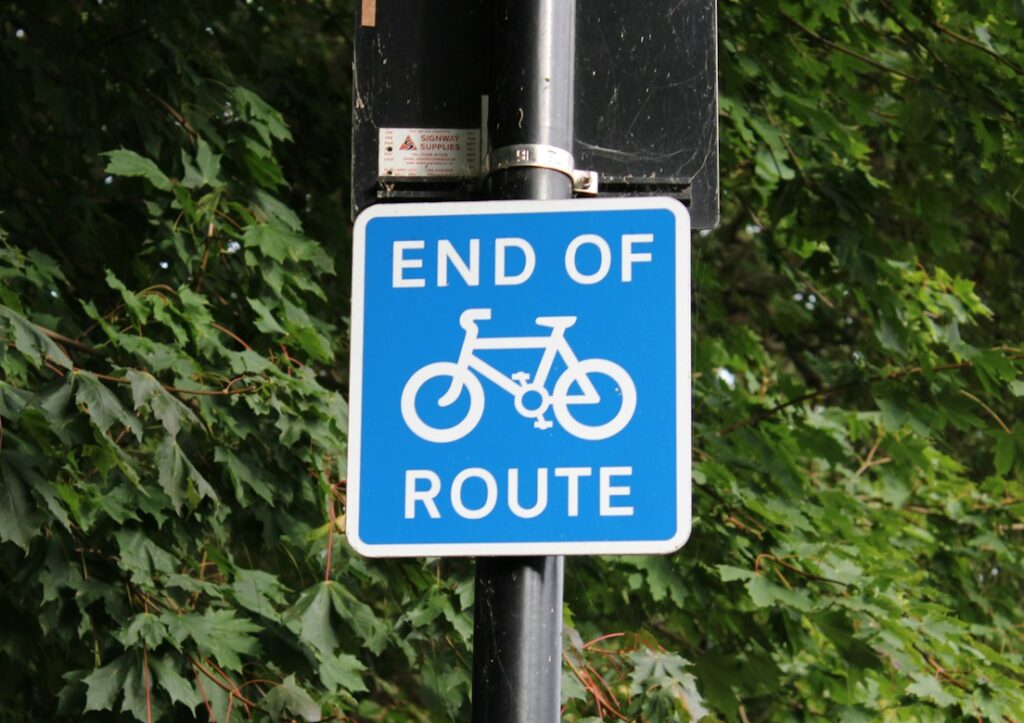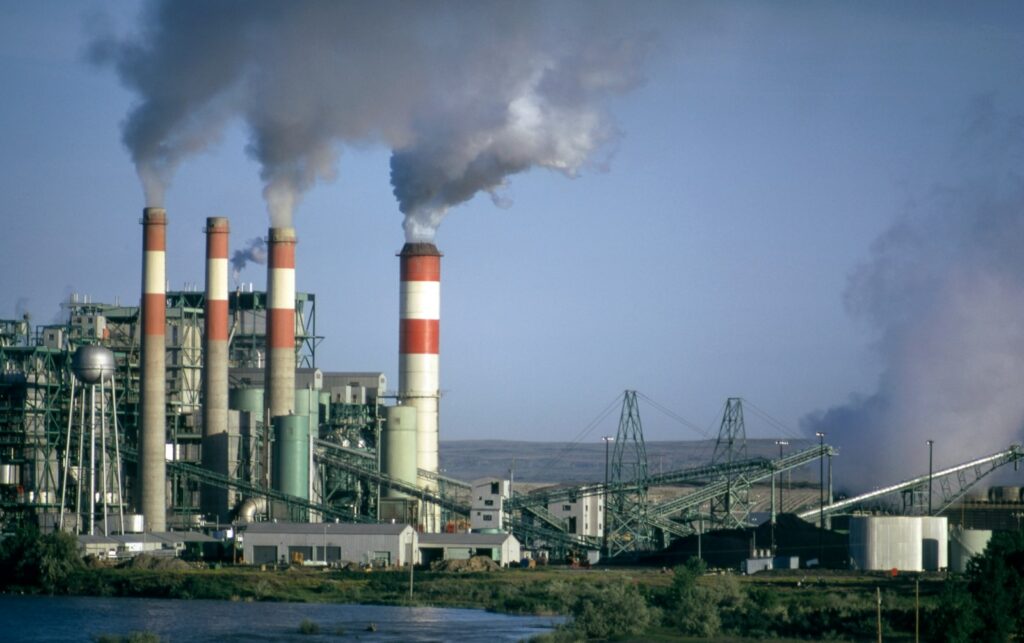Having commissioned research into whether switching from an ICE car to an EV was of benefit to the environment, the Swiss Federal Office of Energy decided not to publish the eventual findings – a very emphatic: Yes.
It has been suggested that it would be better for the environment if people drove their petrol and diesel cars until they were no longer drivable, rather than make the switch earlier. In 2022, the Office of Energy asked the independent research company Infras, to see if that was the case.
The Office of Energy spent around £90,000 on the research, which was completed towards the end of last year. And ignored.
And that might have been it for the report had Swiss investigative website Republik and a research collective known as WAV not submitted a freedom of information request in order to access a copy.
What follows is a summary of the report’s conclusions. The full report in German can be found here.
Despite common beliefs that keeping an existing car is better for the environment than producing a new electric one, the climate benefits of switching are usually greater. In fact, replacing about 90% of the Swiss combustion vehicle fleet with electric cars of the same size and class would be worthwhile from a climate perspective. Only a small portion of vehicles – those that are already highly efficient or rarely used – would be better left as they are.
The benefits of switching depend largely on how much a car is driven. For people who drive more than 8,000 kilometers a year, switching to an electric car nearly always leads to lower emissions. For those driving fewer than 5,000 kilometers a year, the advantages are less clear. Still, even replacing newer or efficient petrol cars can make sense if they are driven frequently.
In cases where switching doesn’t make environmental sense (driving less than 4,000–5,000km a year), it may be better to keep the existing car longer or consider a small hybrid vehicle. Ideally, people should avoid owning underused vehicles altogether and instead rely on public transport or rent electric cars when needed.
As for old combustion vehicles, whether to scrap or sell them depends on age and condition. Older vehicles – especially those over 15 years – should be scrapped or properly disposed of, since they are no longer efficient or acceptable in many countries due to emission standards.
When the Office of Energy presented the team at Republik with the research, they did so with a qualifying comment: ‘The questions about the purchase of electric vehicles have changed since the concept was created in 2022 and the report does not give a clear answer to the question of whether buying a new electric vehicle while selling the used fossil vehicle at the same time has a positive or negative impact on the climate.’
Being now in possession of the report, it seemed clear to Republik that the report does in fact give a clear answer. This impression was shared by a mobility expert at the Paul Scherrer Institute who said the research was ‘excellent’, and the conclusions ‘clear’.
Confused, a second FOI was submitted to access Office of Energy emails relating to the report. These emails shed light on not only the panic relating to publishing the research in the first place, but the ensuing panic when Republik asked to see it.
In the first instance, the Office of Energy appeared to be concerned how they would appear if it was felt they were making ‘elitist recommendations’ particularly at a time when the government is ‘perceived rather negatively.’
When the first Republik/WAV request arrived there was discussion over how its release could be prevented. It was suggested that it be returned to the researchers at Infras under the pretence that it was unfinished.
In conclusion, Republik wrote: ‘One could simply dismiss this episode around the electric car purchase decision as an official farce. But it shows a deeper problem: an office withholds information from the population – for fear of headwinds.
‘Between the lines it becomes clear: People are afraid of the accusation of “state re-education” or of building energy policy “castles in the air” from the right-wing populist corner. And from the media, who repeat them. These are not good conditions for a successful energy policy.’
The original article can be read here.


















Leave a Reply